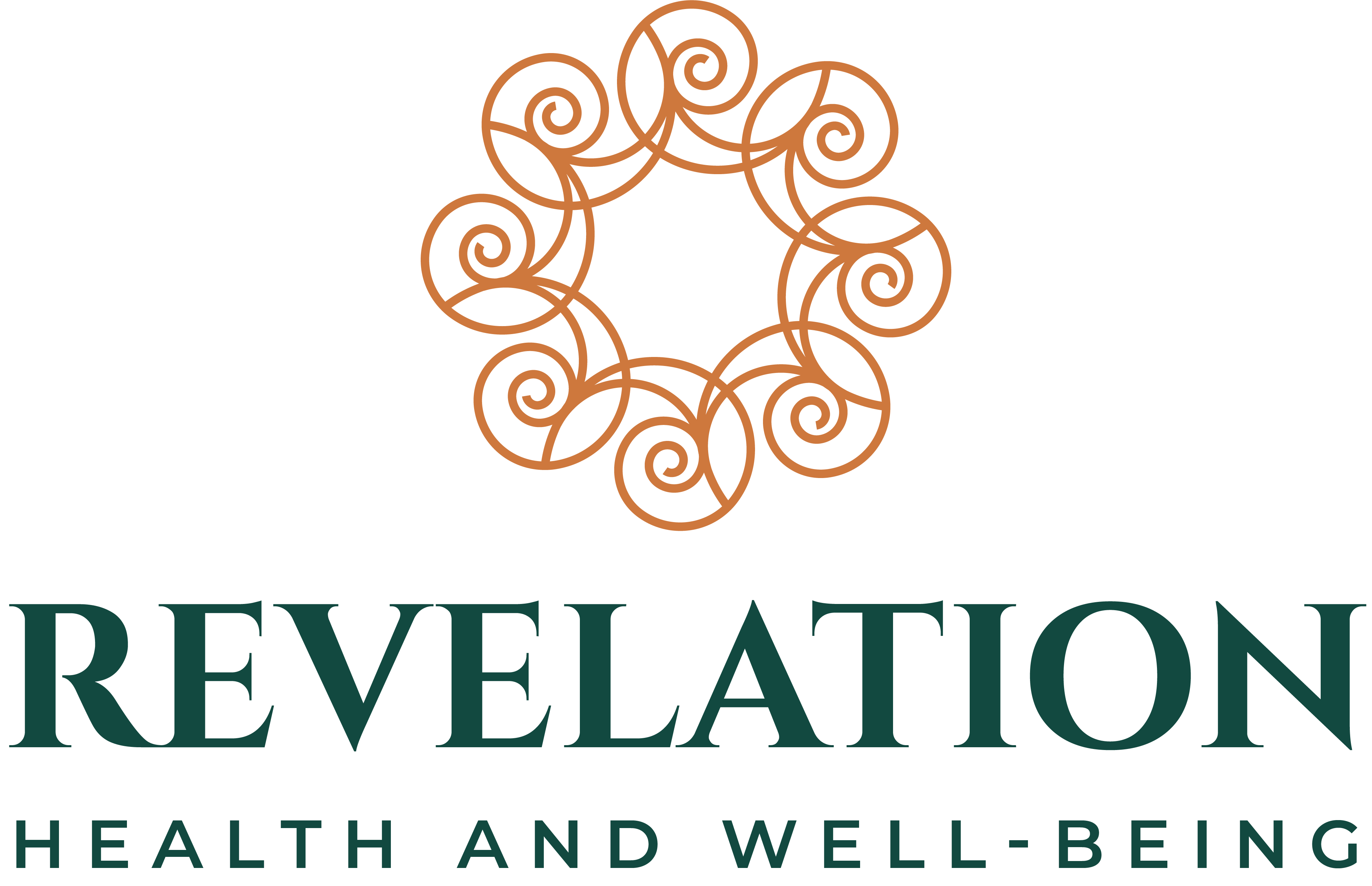In today’s fast-paced world, men are seeking ways to enhance their vitality, strength, and overall well-being. Testosterone, the quintessential male hormone, plays a crucial role in more than just muscle growth and libido. It influences mood, energy levels, weight management, and long-term health. However, due to factors like stress, poor nutrition, and sedentary lifestyles, many men experience a decline in testosterone levels, leading to what’s often termed as ‘Low T’. But there’s good news – by embracing a functional medicine approach, you can naturally boost your testosterone levels. This guide offers actionable steps to revitalize your hormonal health.
Understand the Basics
Testosterone is a steroid hormone essential for developing male characteristics and maintaining muscle mass, bone density, and sexual health. While it’s normal for testosterone levels to decline with age, premature or excessive decreases can lead to various health issues.
Diet: The Foundation of Hormonal Health
Prioritize Protein, Fats, and Carbohydrates
A balanced diet is key. Ensure adequate intake of clean proteins (grass-fed meats, wild-caught fish), healthy fats (avocados, nuts, olive oil), and complex carbohydrates (vegetables, whole grains). These macronutrients play a direct role in hormone production and regulation.
Crucial Nutrients for Testosterone
Vitamin D
Zinc
Magnesium
Exercise: Lift Weights and Stay Active
Resistance Training
Lifting heavy weights and high-intensity interval training (HIIT) can significantly boost testosterone levels in the short term. Focus on compound movements like squats, deadlifts, and bench presses.
Consistency Over Intensity
Stress Management: Keep Cortisol in Check
The Testosterone-Cortisol Balance
Techniques to Lower Stress
Mindfulness and Meditation
Quality Sleep
Environmental Factors: Reduce Exposure to Endocrine Disruptors
Avoid Plastics and Chemicals
Go Organic
Supplements: Aiding Testosterone Naturally
Natural Testosterone Boosters
Ashwagandha
This adaptogen has been shown to increase testosterone levels in stressed individuals.
Fenugreek
Regular Health Check-ups
Monitor Your Levels
Conclusion
Optimizing testosterone levels naturally requires a holistic approach, incorporating diet, exercise, stress management, and mindfulness of environmental factors. By following these actionable steps, you can enhance your hormonal health, leading to improved physical and mental well-being. Remember, the journey to optimal health is a marathon, not a sprint. Start implementing these changes gradually and consult with a healthcare professional to tailor these recommendations to your individual needs. Your vitality and vigor are within reach, and with dedication and perseverance, you can achieve the hormonal balance that propels you towards your best self.

